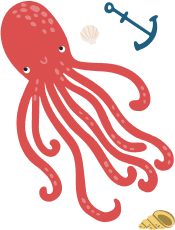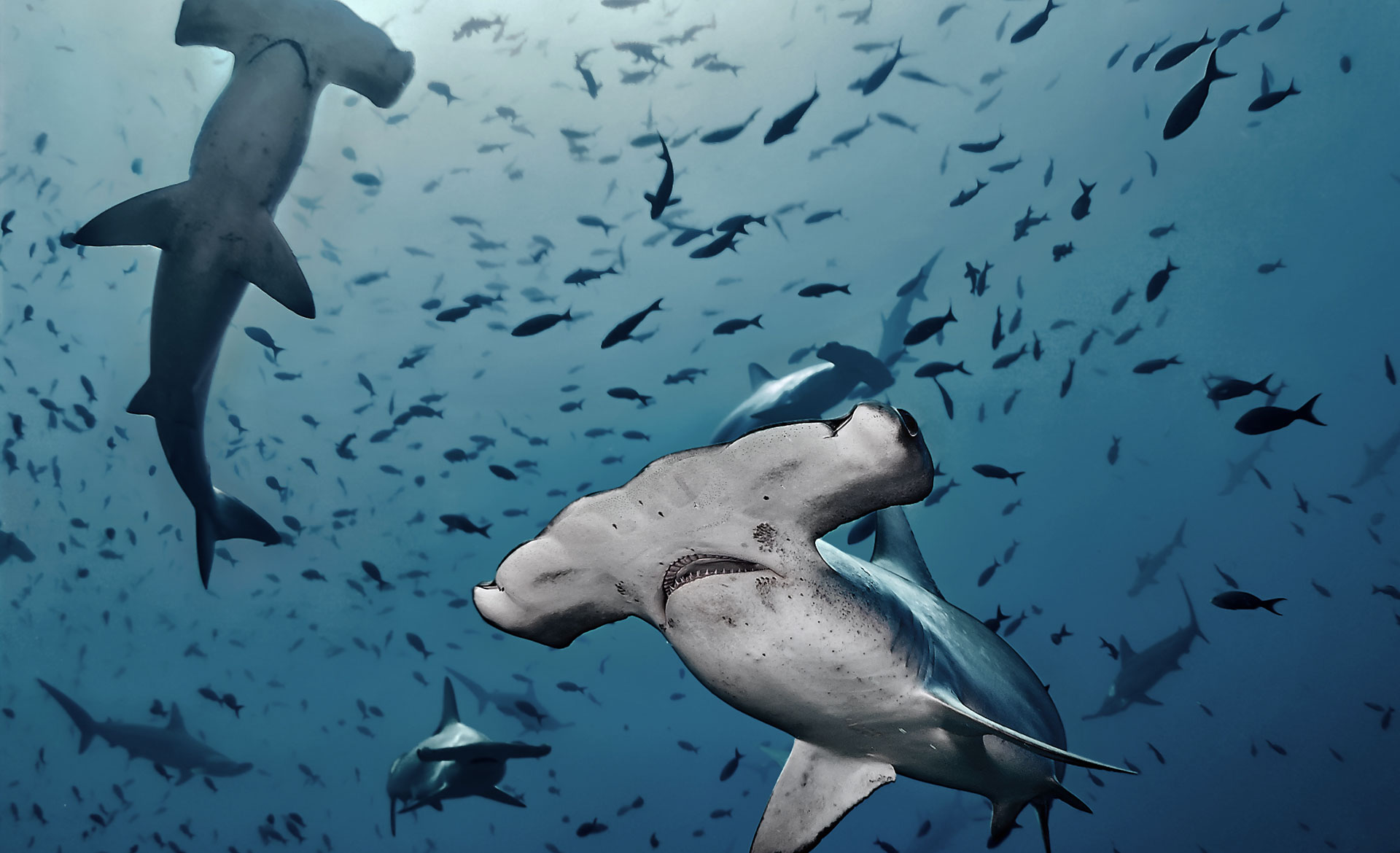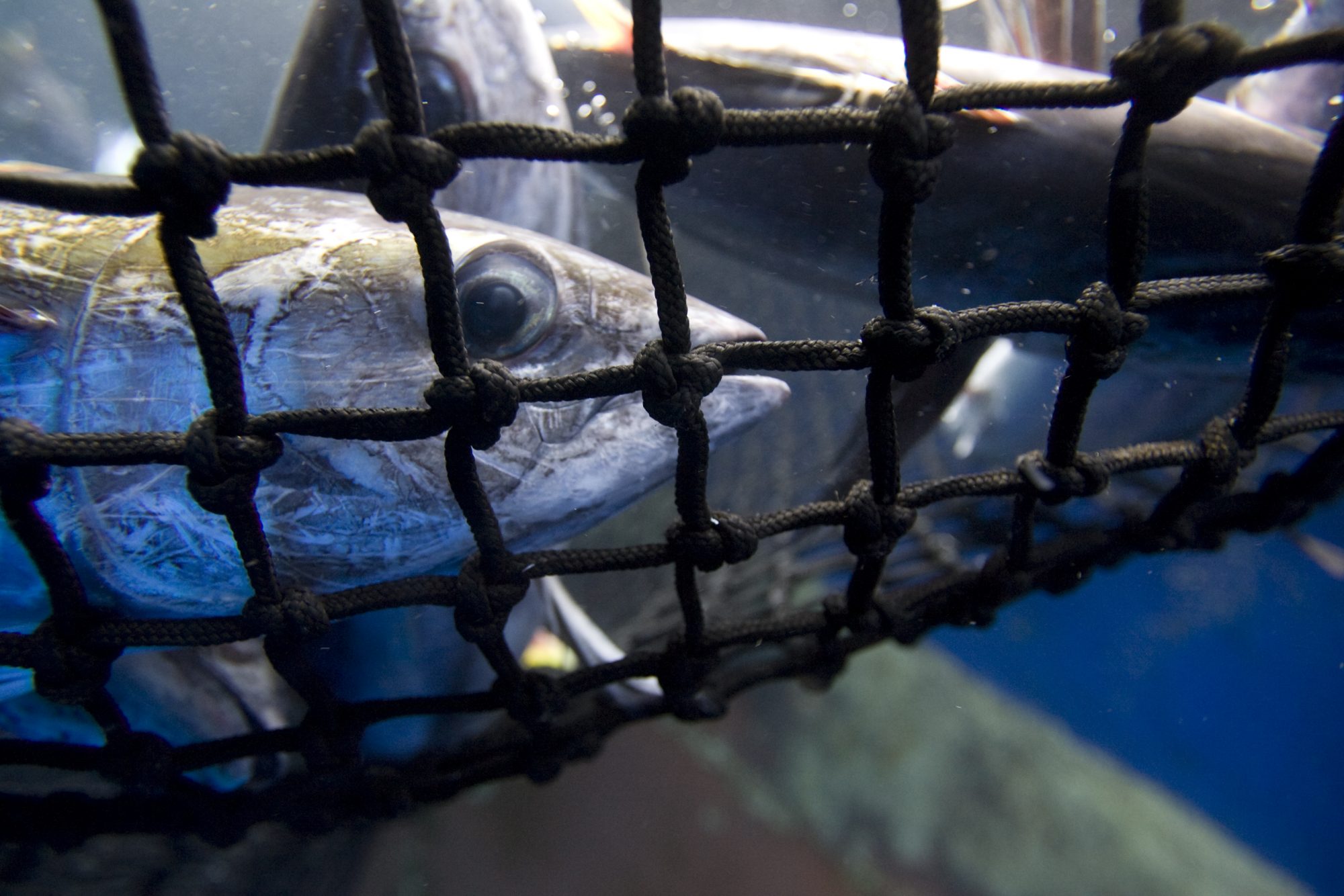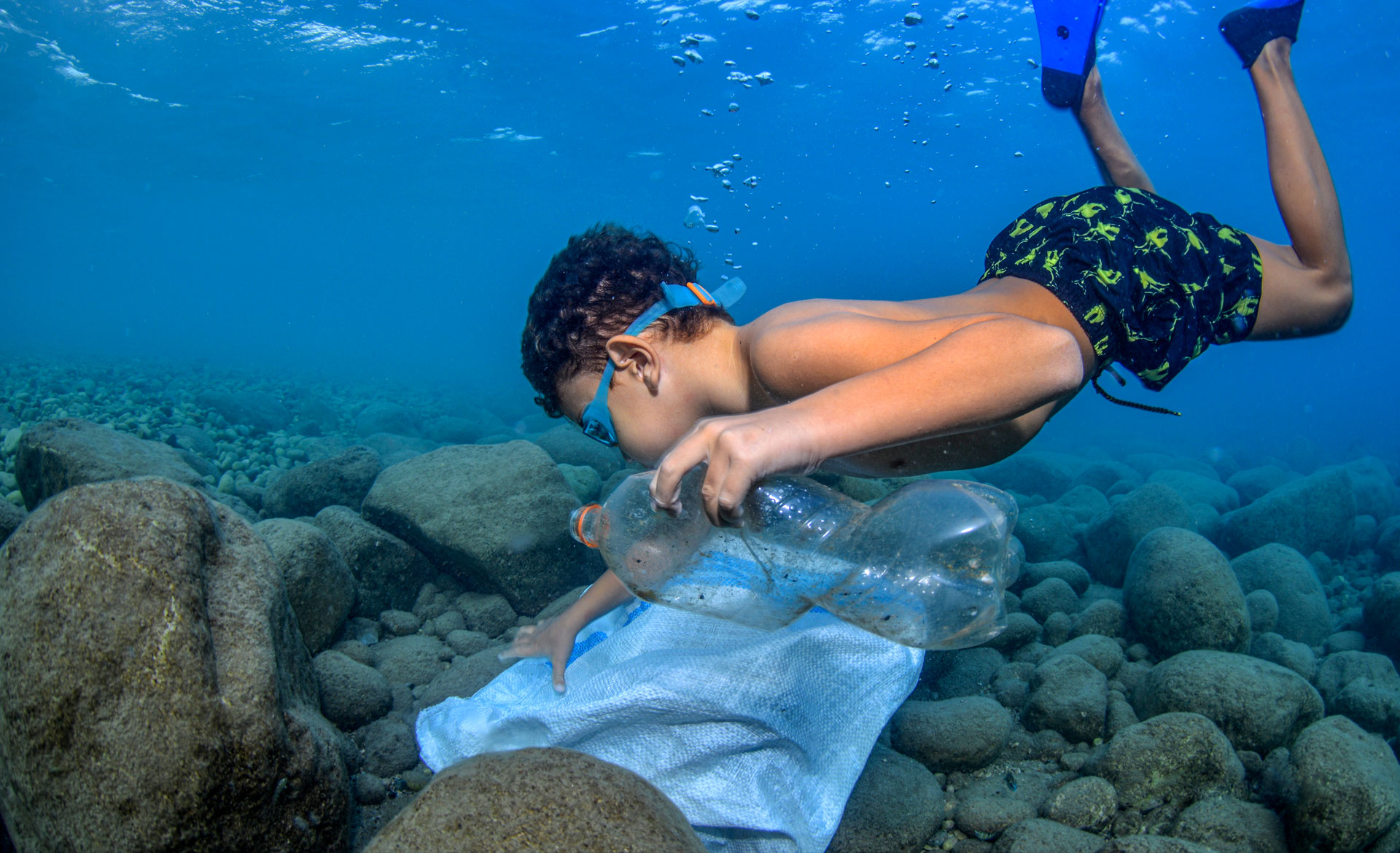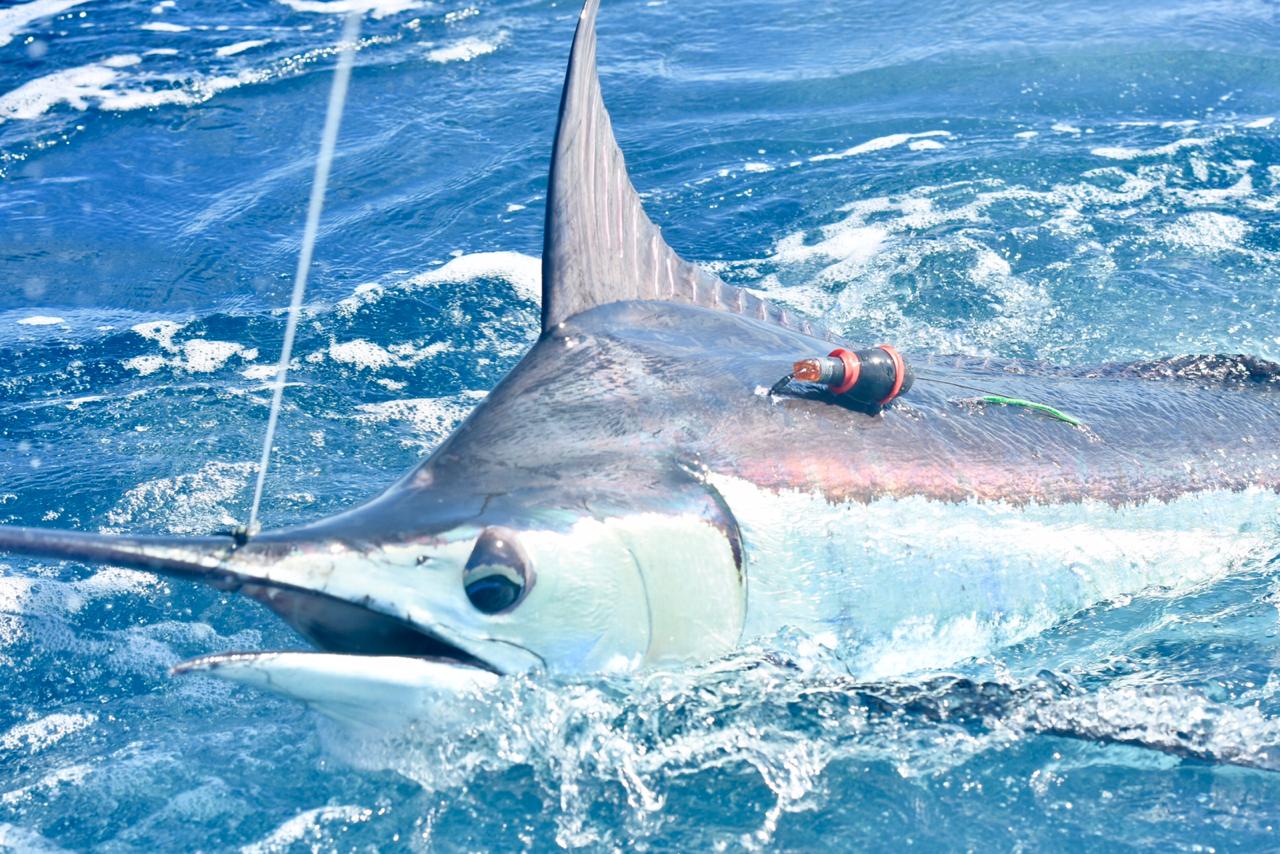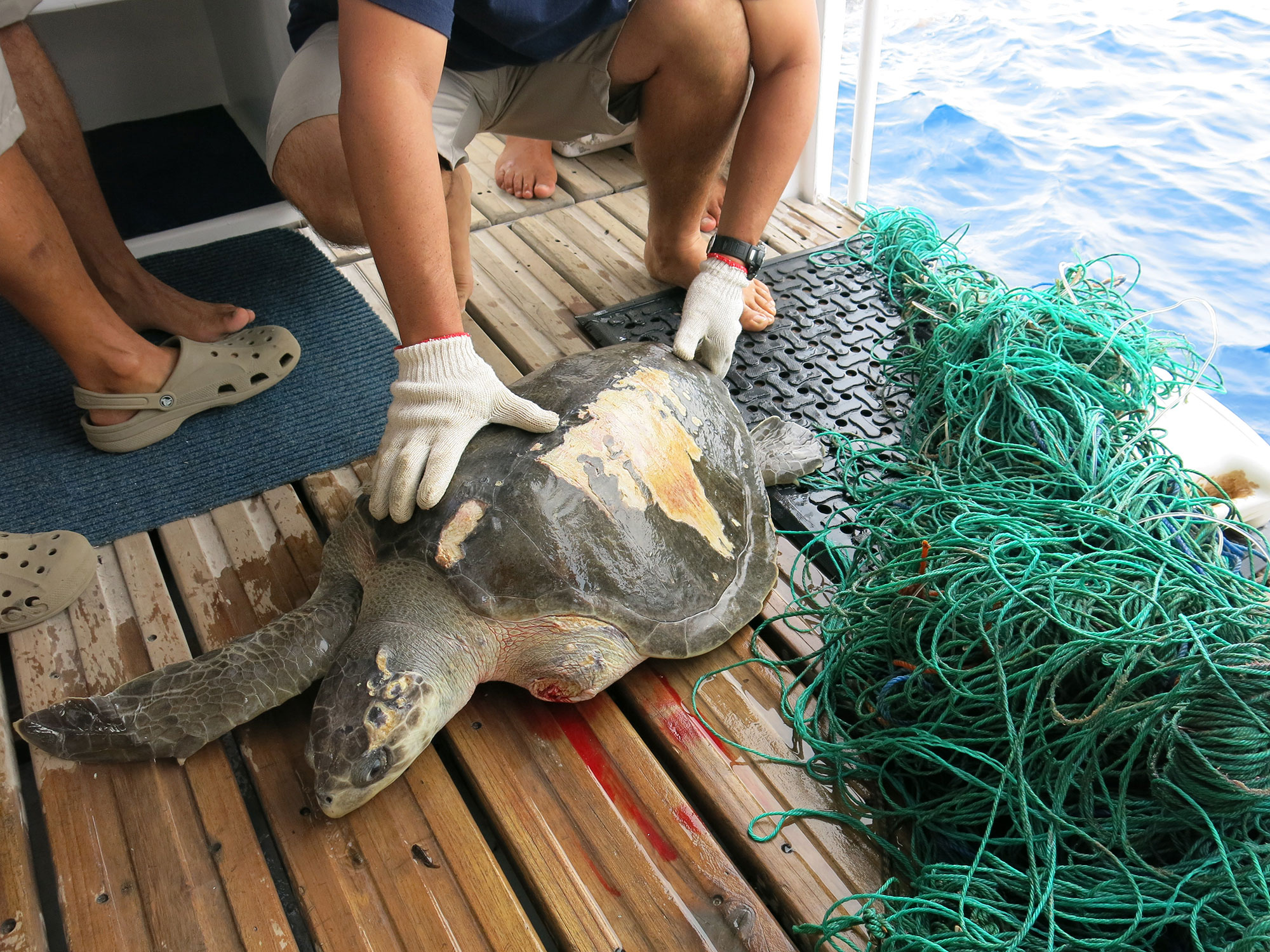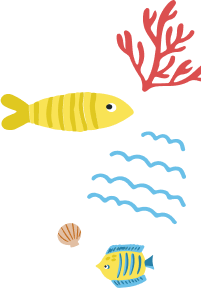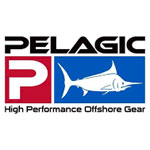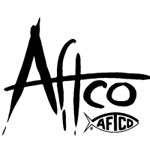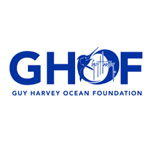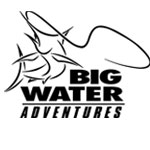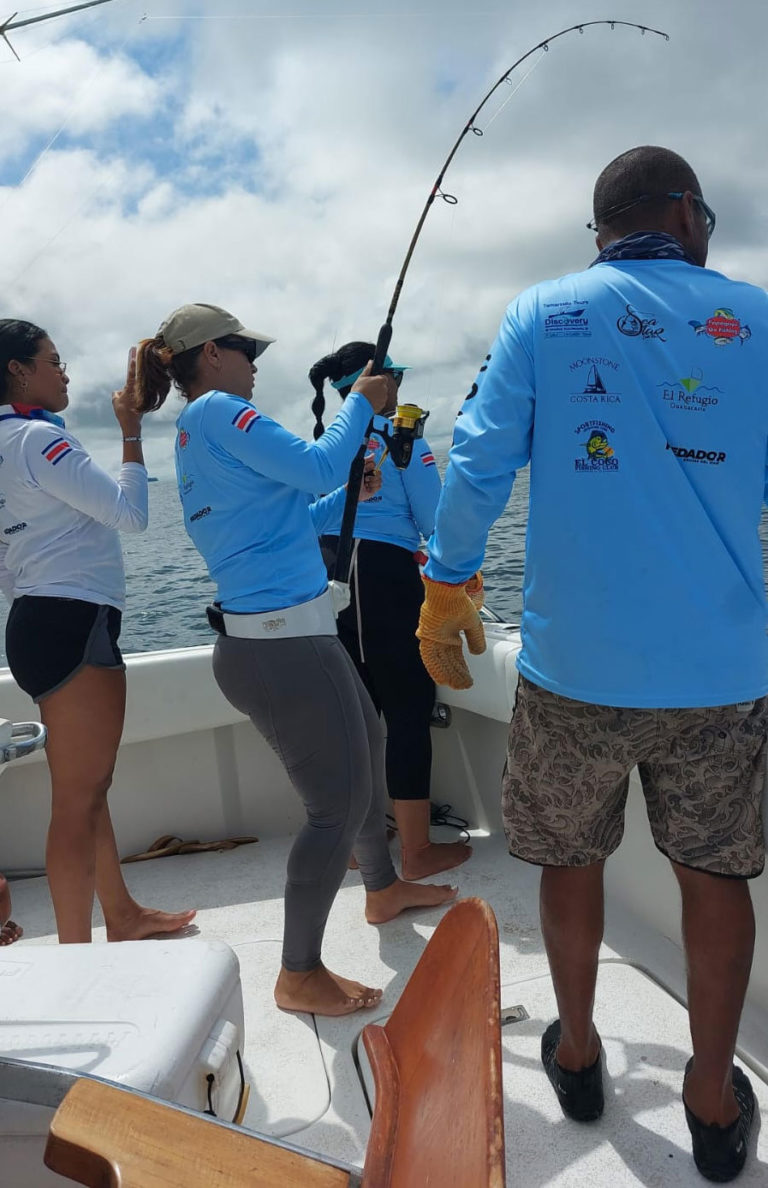
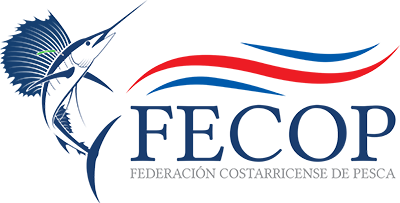
Costa Rica’s Women’s Nautical School: promoting labor inclusion for women in Guanacaste
Women’s Nautical School is a project led by Jokselin López and her husband. It seeks to train women from Guanacaste and promote their inclusion in the sports and tourism fishing industry. This has been possible thanks to the Costa Rican Federation of Tourist Fishing (FECOP) collaboration.
The story behind the program
Jokselin López began this program two years ago when she realized the lack of specialized personnel in the area. They have been involved in the industry for years and have built their business.“We started to learn how it was done in other countries. We learned about customer service and the overall attention provided to tourists. Then we saw how positive our reviews were and how much everyone liked our service,” she explained.Business was booming; tourists were tremendously happy with the service, and they would always return and recommend their services to other visitors.However, when Jokselin was pregnant and unable to work with her husband, she realized how complicated it was to hire someone for the task. There were a lot of issues because people needed to learn how to treat tourists and adequately operate the tour, which left many customers unhappy.“I decided to run a routine check-up on one of the boats and realized everything was mishandled. Then I said to myself, ‘how come no one has thought about training people for this job?’ I was certain there were a lot of people capable of doing it just as good as I did or even better,” Jokselin López commented.She then sat with her husband, and he came up with the idea of training another woman who could help. López agreed, but under one condition: they wouldn’t teach just one woman; they would train twenty.
Women’s Nautical School
About 15 women participate in this pilot training program that began in Playas del Coco, which seeks to open spaces for them in these jobs and promote their autonomy and ability to generate their income and resources from tourist and sport fishing.Through continuous training, the participants receive formation on nautical ropes, basic inboard and outboard mechanics, lures and bait, boat maintenance, radio transmission, introductory oceanography, maritime legislation, and a course on high-quality customer service.The course has also included coastal and offshore fishing practices 40 nautical miles off the coast. They have put their knowledge and skills into practice on designated boats, with captains and sailors supporting the project by donating their time, expertise, and ships.“Through this project, we created an employment pool for these women who want to enter this field of work. We don’t want them to be reduced to doing house chores while their husbands, uncles, and cousins can work on these things and earn dollars,” noted Jokselin López.Pamela Bustos is an example of how this school has changed the life of many Guanacaste women. Pamela’s life has been changed by everything she has learned and is still learning.“I’ve been here from the start. The project has been enormous for all of us here. We’ve learned so much, even things we never imagined! It hasn’t been easy; we have received a lot of criticism just for being women who want to work in the industry, but for me, it’s been unbelievable,” she declared.Bustos explained she had learned a lot of practical skills and life skills. She highlighted teamwork and companionship as some of the central values the program transmitted to her.She also pointed out that many women involved in the program needed to learn about fishing or boats when they first joined. With training, hard work, and perseverance, they have managed to become excellent workers.“My colleagues, who knew nothing at the beginning, have learned so much!” she added.Pamela is finishing her studies, and, at the same time, she’s working alongside Jokselin López, the mastermind behind the school.“For me, this has been amazing. I come from a family of fishermen, but I was never truly involved. Everything has changed, and now I know what to do. The project has helped me personally a lot,” she concluded.
FECOP’s Help
The Costa Rican Federation of Tourist Fishing (FECOCOP, we wanted to help close the existing gap in the tourist and sport fishing sector, as it is mostly a job for men,” explained Henry Marin, Project Manager at FECOP.He also explained that the Federation gives tools and supports these projects to improve employability in coastal areas and empower women. This sector has to be more inclusive, to help women gain independence and aid with the economic development of communities.FECOP has been involved with this project since 2017 after Jokselin López met Henry Marin and introduced her initiative. FECOP has facilitated economic resources (administered by the Federation) and has provided specialized training in several areas.“We’ll keep supporting this project. We know it really impacts those involved and in coastal communities,” Marin mentioned.
The future of Women’s Nautical School
All parties agree this project should be replicated so that many more women can benefit from it. It must reach other coastal regions and involve females who want to thrive.“For FECOP, it’s crucial that Jokselin continues to lead this project throughout the country. We will help, but she will be the leader. Shortly, we hope to see female captains and marines teaching other women,” Henry Marin.Jokselin profoundly believes in this project and envisions herself implementing it in all of Costa Rica’s marinas.“This is my dream. I hope to have help from the National Learning Institute (INA) so it becomes a stable and long-term project, and women can receive constant training. I also hope to open more groups nationwide in this area,” she elucidated.Those involved also hope that soon these girls will be employed by companies to have stable jobs and incomes and build the lives they have dreamed of for themselves and their families.Help is always needed and deeply appreciated by this group of brave women who decided to embark on this life-changing journey.“All those who want to change the lives of many women are more than welcome to collaborate and participate in this project. We receive everyone with open arms. These women need training, fishing equipment, and anything that will allow them to grow,” López concluded.
Our
Councils
Today, as children around the world are growing up in a deadly pandemic, we are supporting frontline health workers and providing education and hygiene supplies to help families and communities protect themselves and stay healthy.
Responsible
Fishing
Protection
Programs
Protection
Programs
Today, as children around the world are growing up in a deadly pandemic, we are supporting frontline health workers and providing education and hygiene supplies to help families and communities protect themselves and stay healthy.
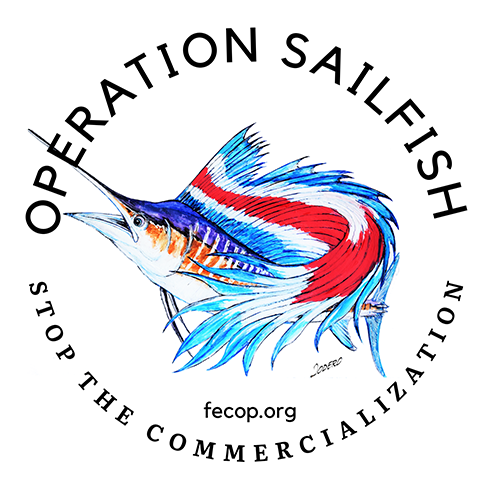
Protecting The Ocean
The Ocean Cleanup is developing cleanup systems that can clean up the floating plastics caught swirling in the Great Pacific Garbage Patch….
Operation Sailfish
The Ocean Cleanup has developed the first scalable solution to efficiently intercept plastic in rivers before it reaches the oceans…

